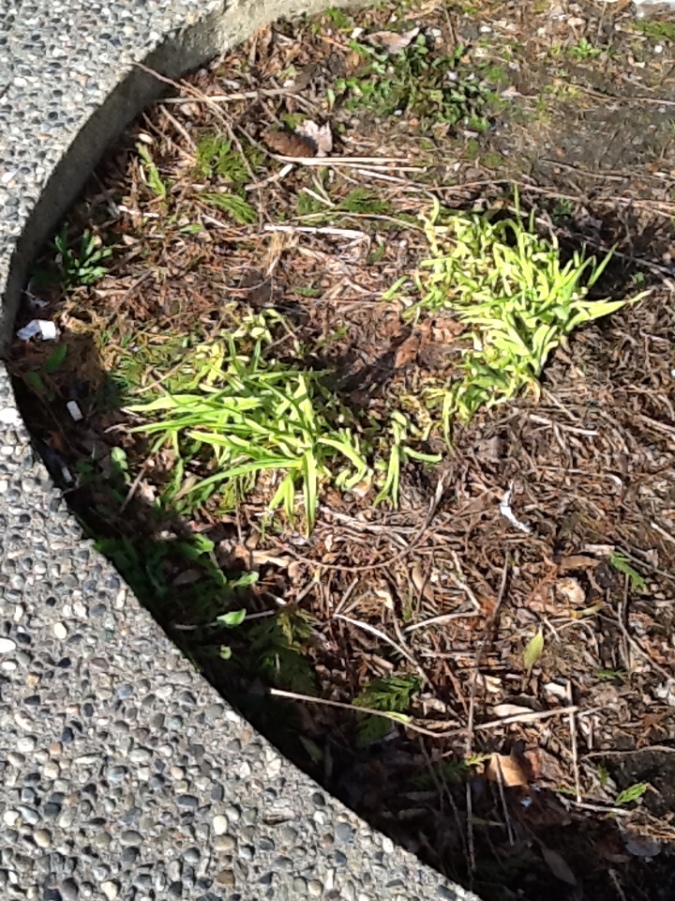I still remember the day that our family got our first real computer. (Not including the Vic20 with the tape player attached to it) We picked it out at London Drugs, brought it home and proceeded to take over my Mom’s sewing room. That computer had two uses: word processing and solitaire. End of list.
Fast forward to today. This is the eleventh post I have written for this blog. I have written exactly zero of them on a desktop or a laptop computer. Nine of them have been written on my phone as I take the bus home from work. Today, as I did last Saturday, I am writing on my ipad as I watch my daughter’s skating lesson. My phone can take pictures and videos, access the internet, update my calendar, send emails, create documents, show presentations, pay for coffee, and oh right, make phone calls.
We’ve come a long way.
The implications of this dramatic change in access to technology has huge implications to teachers and students. In fact, I feel that changes in technology are the biggest driver of educational change today. It is giving students, teachers , and parents instant access to more information than I would have thought possible when I was in school. No longer are teachers the gatekeepers of information. It is forcing teachers and schools to redefine the role of teachers in the learning process. Knowing “stuff” is not good enough any more. Students have access to that “stuff” by reaching into their pockets.
Students are becoming creators of content instead of consumers. They are producing videos, podcasts, blogs, websites, robots. Most of them are more adept at this than their teachers are. This shift redefines the role of teacher from that of benevolent transmitter of knowledge to that of guide, facilitator, and learning coach. It is more important for a teacher to teach process, collaboration, and problem solving skills than it is for them to relay information to passive vessels.
We’ve come a long way.
We still have a long way to go.
